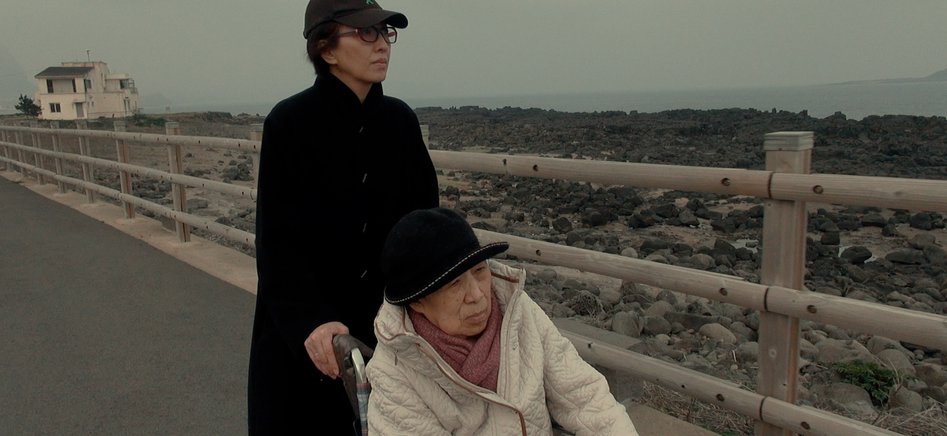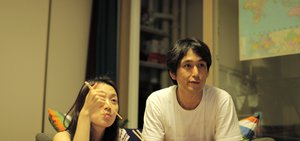Soup and Ideology

수프와 이데올로기
Korean Film Nights
After suffering an aneurysm, Yang Yonghi’s mother starts revealing tragic memories of her fleeing Korea during the Jeju incident in 1948. The Japanese-born filmmaker begins to piece together her present and her mother’s past, whom she visits in Osaka every month with her Japanese fiancé. They bond through cooking and tradition, despite their ideological differences and Yonghi’s late father’s original wish for her to marry a Korean man. As the mother delves deeper into her history, her memory becomes more fleeting and unreliable which is challenging for Yang, as she tries to complete her film while taking care of her mother.
Nine years after Yang’s last film of the Pyongyang Trilogy, in which she explores family identity and the relationship with North Korea, Soup and Ideology presents a spiralling character, in which life and death go side by side, as well as memories and forgetting. This film is a process of personal healing as well as a historical reparation, declaring that we should be able to eat and live together, despite our differences.
Amina Ferley Yael




